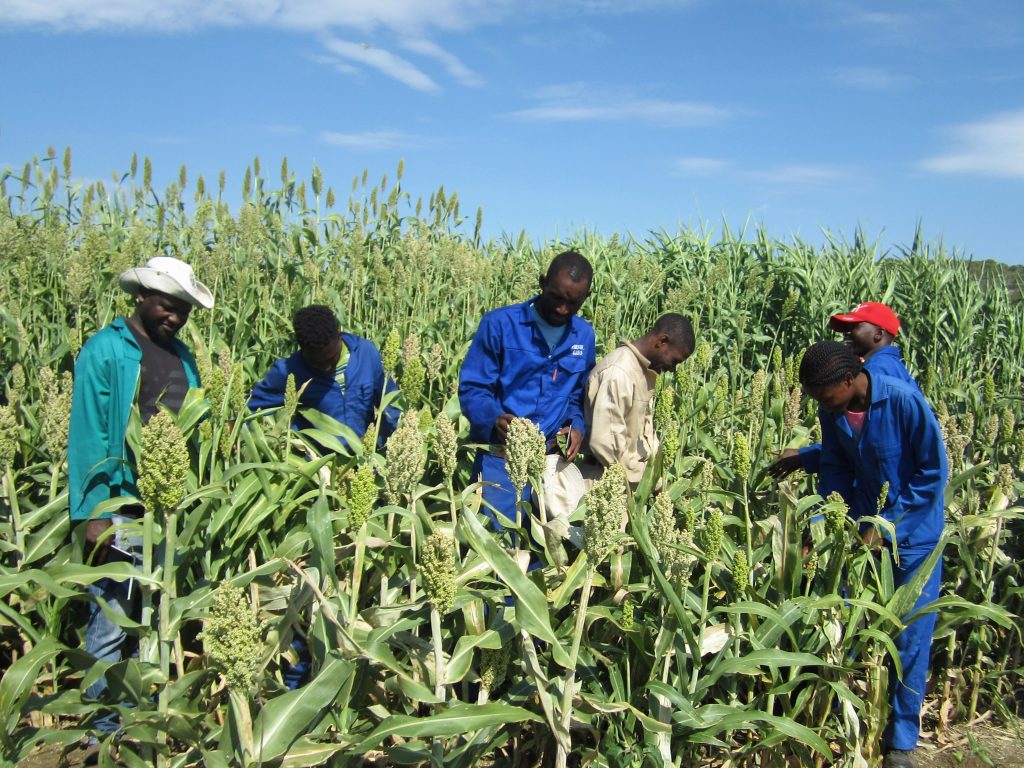China has signed new agricultural agreements with Uganda and Tanzania to enhance food security and modernize farming infrastructure in East Africa. The announcement came during the 2025 Sino-Africa Economic Cooperation Summit in Beijing.
Uganda’s Minister of Agriculture Frank Tumwebaze confirmed the deal includes construction of irrigation canals, drone-supported crop monitoring, and agricultural research stations. Tanzania’s package features hybrid seed development and warehouse expansion.
Chinese Vice Premier Hu Chunhua described the initiative as “a food security partnership, not just an aid program.” He said East Africa’s fertile belt holds vast potential if supported by smart investment.
The deals fall under China’s Belt and Road Initiative but differ from previous infrastructure-heavy projects by focusing on food systems and climate adaptation — key issues raised at COP29 last year.
Local reactions in both countries have been mixed. Farmers’ associations welcomed the input support, but civil society groups raised concerns about seed patenting, land tenure risks, and over-reliance on Chinese tech firms.
Observers note the absence of Somalia from the summit, despite its agricultural reform needs. Some regional analysts speculate that China is strategically avoiding entanglements in contested Horn territories.
The EU and USAID are reportedly planning parallel food programs in the region, though critics say Western aid often lacks the speed and central coordination China can provide.
A regional agri-tech hub co-funded by Huawei and the University of Nairobi will also be launched in June to train agronomists and drone pilots from across East Africa.
The program is set to roll out over three years, with performance benchmarks tied to crop yields, irrigation coverage, and soil recovery metrics.

